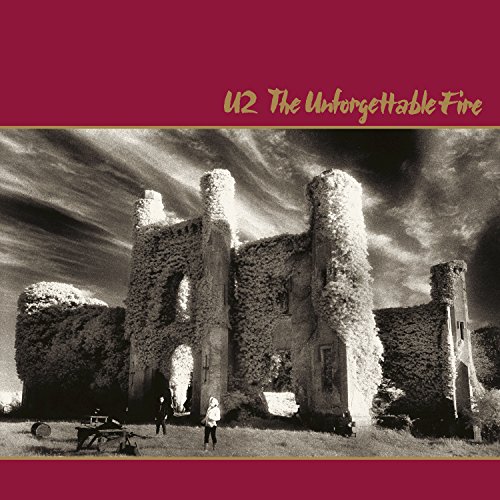OK, so it was only when the facebook link to my last post alerted me that I realised Homecoming to be peculiarly and specifically an american concept, relating to (high) schools inviting back past alumni, for a dance to celebrate the existence of the institution in question. And football?! Who knew? Certainly not me, although I suddenly get a whole lot of references from "Romy and Micheles High School Reunion" to the Monkees. Anyway, this piece too, like those of my colleagues, is nothing at all to do with that. (Except, arguably, on a metaphysical level.........)
Soulsavers are a remarkable concept, the idea of Rich Machin and Ian Glover, two british producers who somehow have conjured a knack of getting some of the most distinctive vocalists around to sing on their electronica take on what I would broadly categorise as gospel music, possibly not (but probably) including in any religious sense. Perhaps if a little veiled as to any particular divinity. Sorry, sprawling intro, but it is tricky for modern musicians to overtly ally themselves to any accepted spirituality beyond the vague. Or maybe difficult for me and my generation, avowedly secular, to accept such. I can find little back story as to how these two honed their craft. 2003 saw their first record, 'Tough Guys Don't Dance', the template immediately set out with sombre and dark sounds, sombre and dark imagery and sombre, dark, often lugubrious vocals. Here's 'Love' from that record, a style remaining and in no need of change. The singer is Josh Haden, son of Charlie, and erstwhile lead singer of the short lived 'Spain', well worthy of recommendation in their own right.
Second album, 'It's Not How You Fall, It's How You Land', saw them bring in Mark Lanegan, whose gothic tones have increasingly added a little black, or is it white, magic to any number of artists, as well as building up quite a catalogue of his own. With his back story of gaol and addiction, who better to sing of a curiously old testament redemption and revival?
Third album, 'Broken', again included Lanegan, amongst others including Jason Pierce, whose 'Spiritualised' had been mining, and still do, a similar vein. This took deeper still the atmospheric, exemplified by this version of this Will Oldham (Bonnie Prince Billy) track, he also appearing on this and the last record. (And here's Billy's version.)
The song featured in this article comes from number 4, 'The Light the Dead See', which, on the back of the critical breakthrough achieved by 'Broken', had the genius of recruiting Dave Gahan in the Lanegan role. Perhaps as famous for his overdosing near-death experiences as for his fronting of electro-band Depeche Mode, interviews had already revealed his deep melancholic beliefs. When Soulsavers were chosen to support Depeche Mode on a 2012 tour, it was perhaps inevitable he would end up writing and singing with/for them. Not for nothing was the title of his main bands 1993 album 'Songs of Love and Devotion'.
'Take Me Back Home' is one of many highlights from this remarkable album, the references aplenty as to where that home may be. It can move me to impossible places, to states akin to a mystical reverie, almost damascene in intensity. It is only my hard fought for cynicism that enables me to pretend I hear not the beseechments to (a) god. Or to God? As intensity goes it can go little further. And it can't get more overt than the song below.
Gahan has stayed on board a while longer, to the extent of the next release coming under the Dave Gahan & Soulsavers soubriquet, a step backwards for me, experientially, even if the songs, on 'Angels & Ghosts', were nearly as powerful. Strangely, the giving of a name extruded a taste of Mammon. Some of the magic was gone. Perhaps indicatively, the next release was back to the core duo, and instrumental, a film soundtrack, 'Kubrick', no clues in the lyrics, and fewer from the subject matter of the film. But no mistaking the music.
I remain an atheist. I think.
I could just point you toward the named track. Hell, or is that heck, hit the main page.

